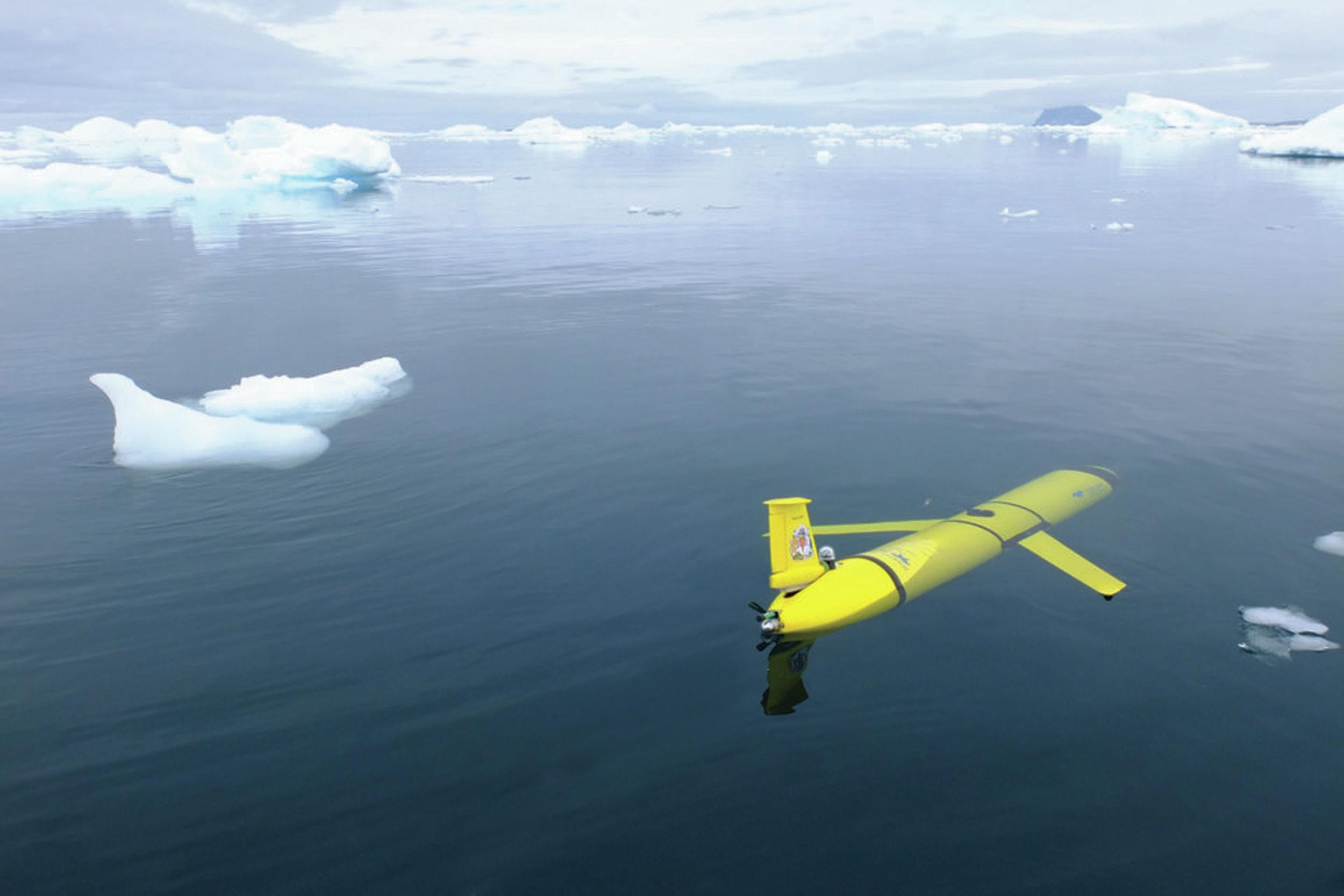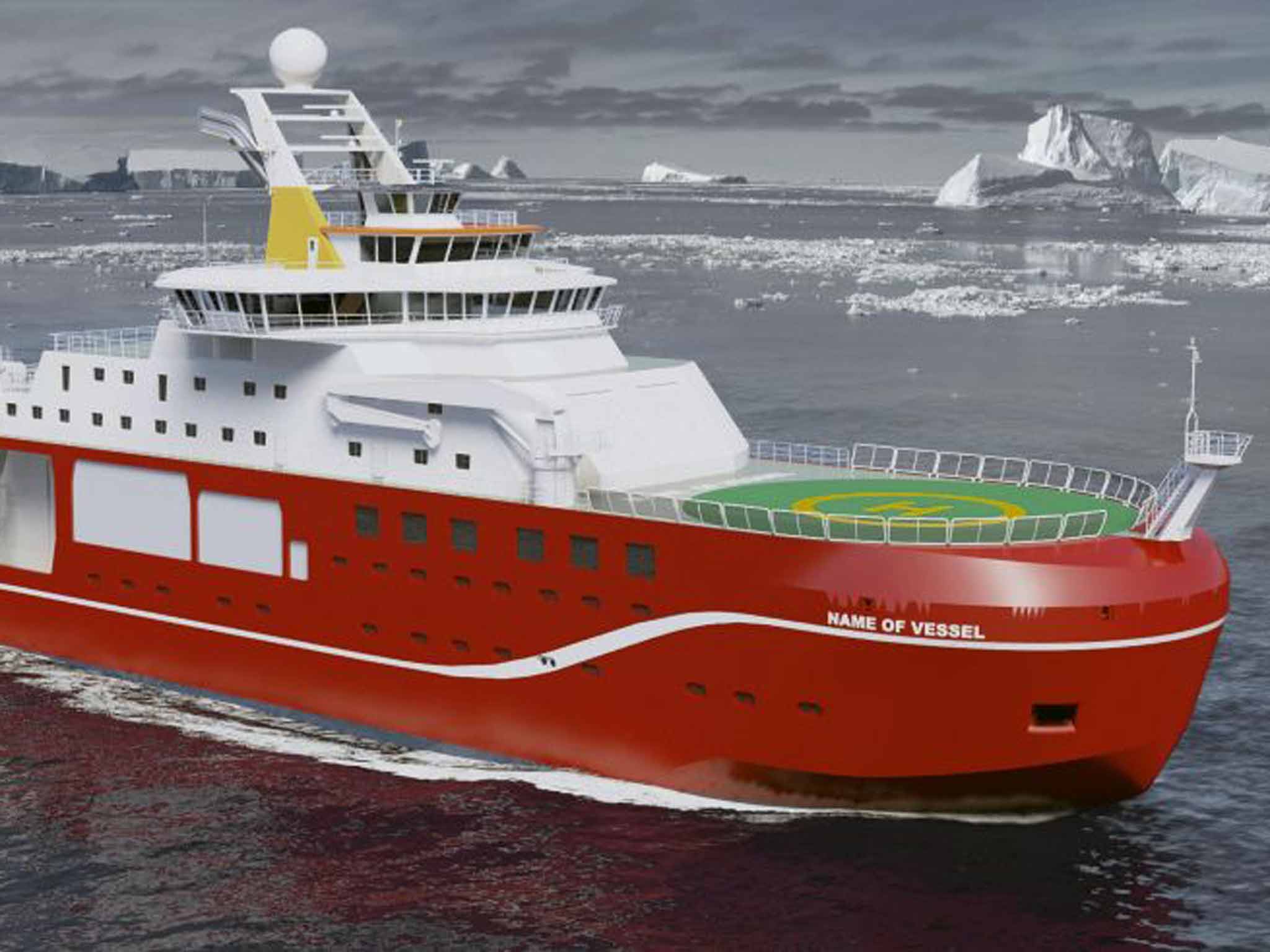Boaty McBoatface to begin first Antarctic mission since naming competition
Unmanned submersible given moniker after embarassed officials rejected choice of people for £200 million ship

An unmanned submersible christened Boaty McBoatface after a competition to name a new polar research ship backfired is being sent on its first Antarctic mission.
Boaty, a new type of autonomous underwater vehicle (AUV), is to investigate water flow and turbulence in the dark depths of the Orkney Passage, a 3.5 kilometre (2.17 miles) deep region of the Southern Ocean.
The minisub got its name after the Natural Environment Research Council (NERC) inadvisedly asked members of the public to decide what to call a new polar research ship.
The people spoke - and by a huge majority voted for the name Boaty McBoatface. Embarassed officials rejected that choice and instead named the £200 million ship after famous naturalist and broadcaster Sir David Attenborough.
But as a nod to the democratic process they allowed silliness to prevail by preserving the name for a remotely operated submersible.
Boaty will travel with the DynOPO (Dynamics of the Orkney Passage Outflow) expedition on the British Antarctic Survey (BAS) research ship James Clark Ross, departing from Punta Arenas in Chile on March 17.
The craft will be sent back and forth through a cold abyssal current that forms an important part of the global circulation of ocean water.
Lead scientist Professor Alberto Naveira Garabato, from the University of Southampton, said: "The Orkney Passage is a key choke-point to the flow of abyssal waters in which we expect the mechanism linking changing winds to abyssal water warming to operate.
"We will measure how fast the streams flow, how turbulent they are, and how they respond to changes in winds over the Southern Ocean.

"Our goal is to learn enough about these convoluted processes to represent them in the models that scientists use to predict how our climate will evolve over the 21st century and beyond."
BAS oceanographer and co-investigator Dr Povl Abrahamsen said: "The DynOPO project will provide us with a unique, high-resolution dataset combining moored and moving instruments, which will help us get to the bottom of the complex physical processes occurring in this important region."
Join our commenting forum
Join thought-provoking conversations, follow other Independent readers and see their replies
Comments